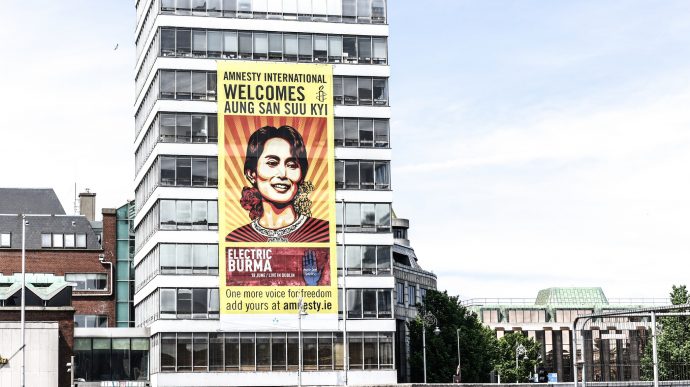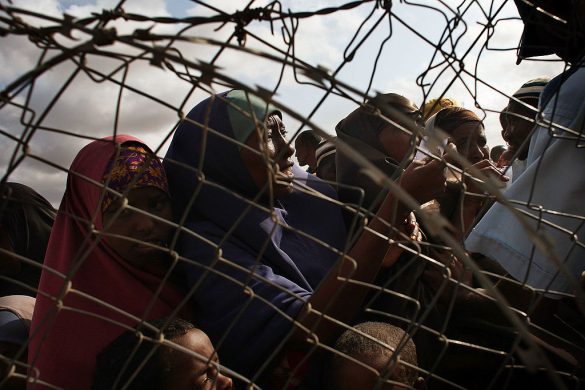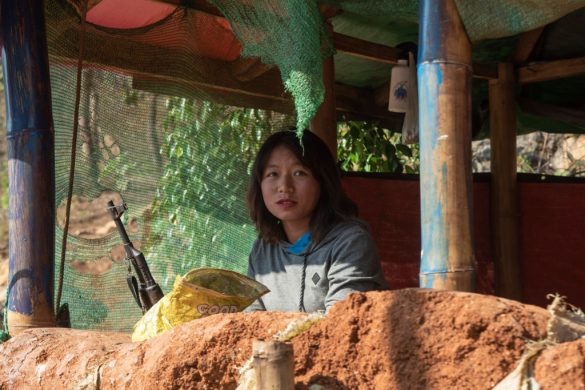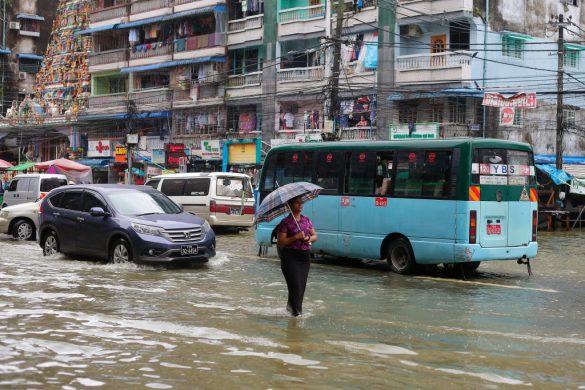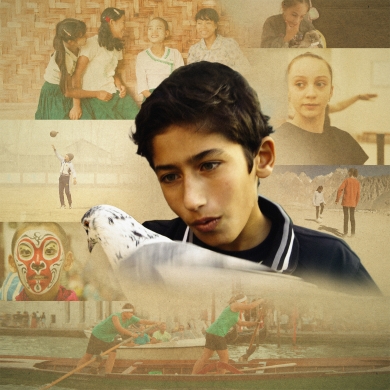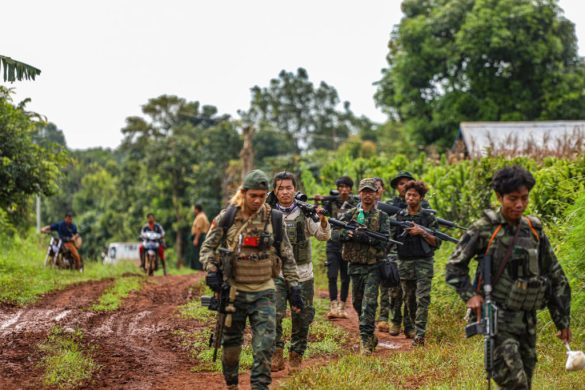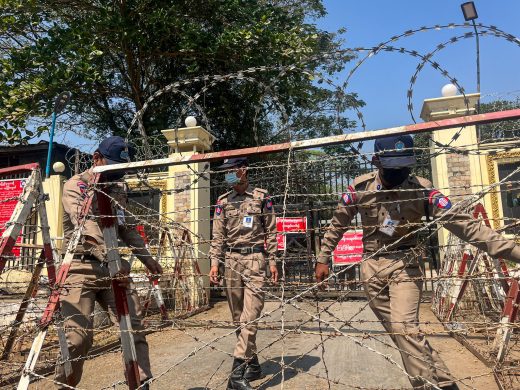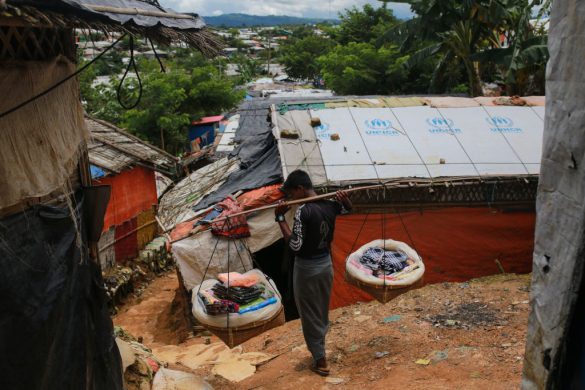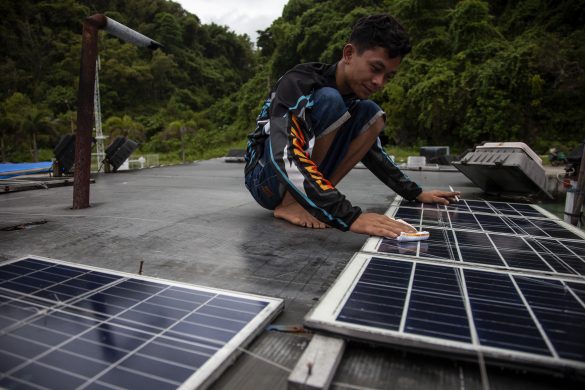GENEVA 28 October 2016 (UNCHR): The United Nations Special Rapporteur on human rights in Myanmar, Yanghee Lee, has issued a strong call to the international community not to forget about the remaining human rights challenges in the country.
“Significant steps forward have been made and the government deserves to be congratulated,” said Ms. Lee, presenting a report to the UN General Assembly. “But the success story is not yet complete.”
She highlighted concerns including the continued detention of some political prisoners, a constitution which guarantees the military a quarter of the seats in parliament, worsening unrest in some areas, and ongoing discrimination against Muslim communities.
“The international community has a responsibility to continue to encourage the changes needed to ensure that everyone in Myanmar can access their fundamental human rights – regardless of their race, religion, ethnicity, socio-economic status or location,” said Ms. Lee.
Civilians, including children, were continuing to suffer amid escalating conflict in Shan, Kachin and Kayin states, she said, with humanitarian access to conflict areas currently worse than at any point in the past few years.
In Rakhine state, she said discrimination against Rohingya and other Muslim communities was affecting some of their most fundamental rights. She urged the removal of all discriminatory orders, policies and practices.
Ms. Lee expressed alarm at other developments in Rakhine state, including the killing of nine police officers in the attacks on 9 October.
The resulting security operations led to numerous allegations of serious human rights violations, including torture and ill-treatment during interrogation, summary executions, arbitrary arrest and the destruction of mosques and houses in Muslim villages.
Some 3,000 members of the Rakhine community and up to 12,000 Muslims had fled their homes, she said.
“I am also extremely concerned that humanitarian programmes providing health, food, education and nutrition assistance have been suspended and access by humanitarian and other groups has not been granted,” the Special Rapporteur added.
The Special Rapporteur welcomed the release of 200 prisoners by the new government, but expressed concern about more than 200 others still in detention.
“A number of individuals have been arrested since the new government came to power under outdated laws which I and my predecessors have repeatedly highlighted as in need of reform, but which remain on the books,” Ms. Lee said.
She also highlighted the 2008 Myanmar constitution, which reserves 25% of seats in Parliament and three key ministerial posts for the military.
“Until there is constitutional reform, there is still much to be done for Myanmar to evolve from having a military government to a civilian one,” she said.
“Peace will be a pre-requisite for the long-term progress of Myanmar,” she added, welcoming recent talks between the government and armed groups at the Panglong Conference. “Unfortunately on the ground peace still feels remote and communities still fear attacks, abductions and abuses,” she added.
Check the Special Rapporteur’s report to the UN General Assembly: http://www.un.org/ga/search/view_doc.asp?symbol=A/71/361

